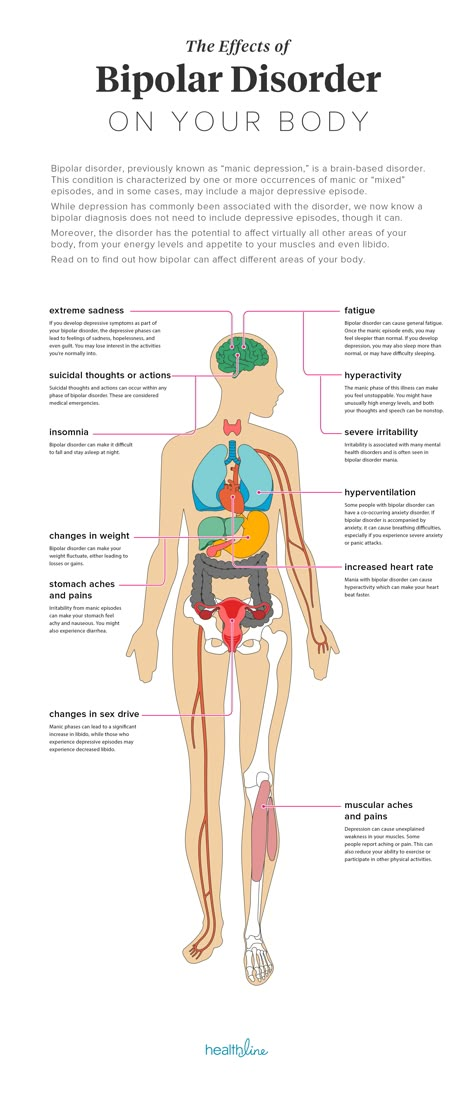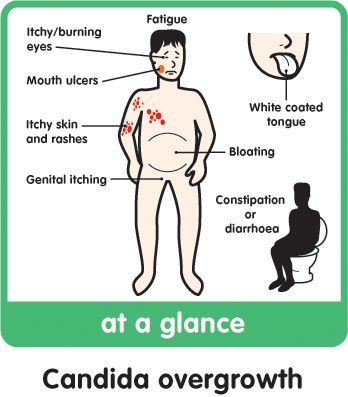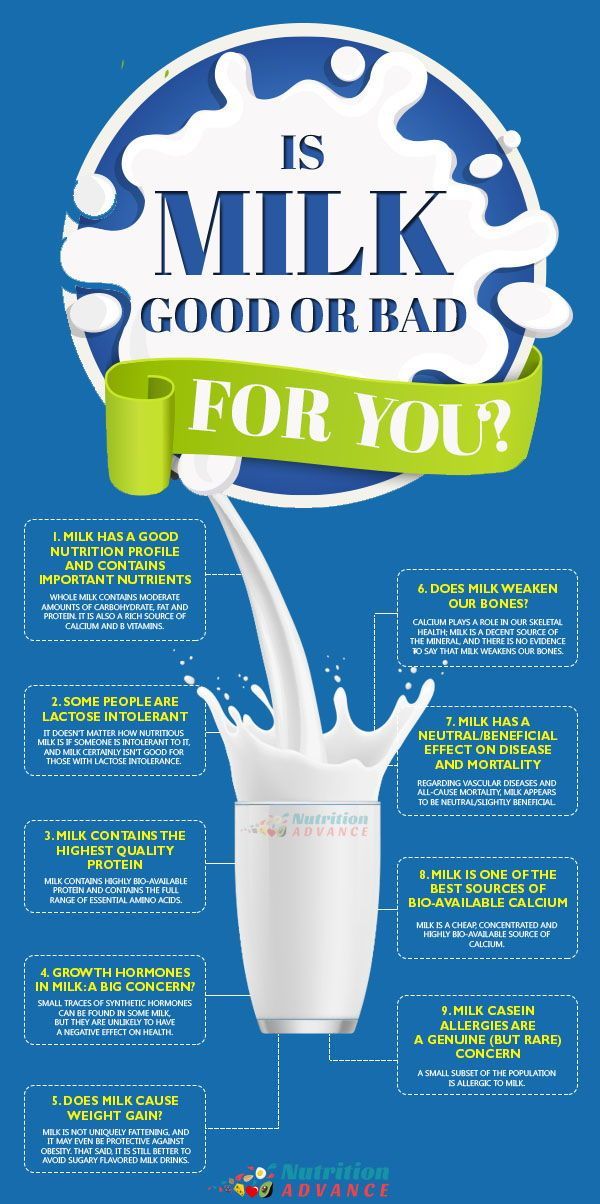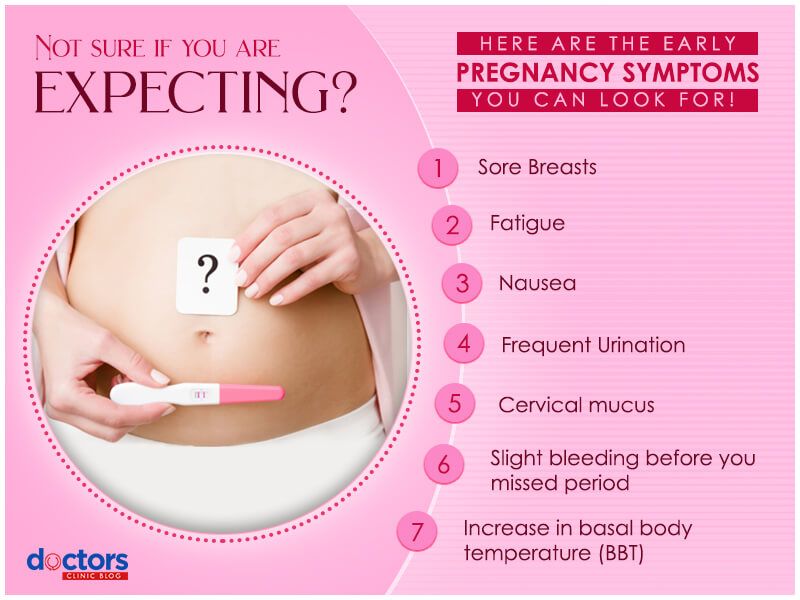Early physical signs of pregnancy
16 early signs of pregnancy
You’ve got one question on your mind: Could I be pregnant?
A pregnancy test is the only way to know for sure. But if it’s too early to take a test, you may be on the lookout for early signs – or maybe you think you’re already experiencing some early pregnancy symptoms.
Is it too early to tell if you’re pregnant? What symptoms may be the earliest signs of pregnancy? Below, we answer those questions and more.
How early can you tell if you’re pregnant?
Again, you’ll need to take a pregnancy test at the right time to confirm your hopes or suspicions. But when it comes to the first symptoms of pregnancy, everyone is different. Some people start to notice changes within a week after conception. Others might not notice anything until they miss their period.
When should you take a pregnancy test?
It’s usually recommended that you take a pregnancy test after you’ve missed your period. This is because pregnancy tests measure the level of human chorionic gonadotrophin (hCG) in your body, which is a hormone that starts to build up when you conceive. It can take around three to four weeks from the first day of your last period for there to be enough hCG in your body to show up on a test.
What are the first symptoms of pregnancy?
The most common sign of early pregnancy? A missed period.
Your menstrual cycle is your body’s way of preparing for a possible pregnancy each month. Part of that is the thickening of your uterine lining, which is where a fertilized egg would implant to begin a pregnancy.
If you’re not pregnant, your period is how your uterus sheds that extra lining. If you are pregnant, that lining stays put and you don’t get your normal flow. This is why a missed period is often the earliest sign of pregnancy.
Of course, a delayed or missed period doesn’t always mean you’re pregnant. If your body is under a lot of stress or you have a hormonal imbalance, you could be experiencing an irregular menstrual cycle.
What other symptoms can be early signs of pregnancy?
Every person – and every pregnancy – is different.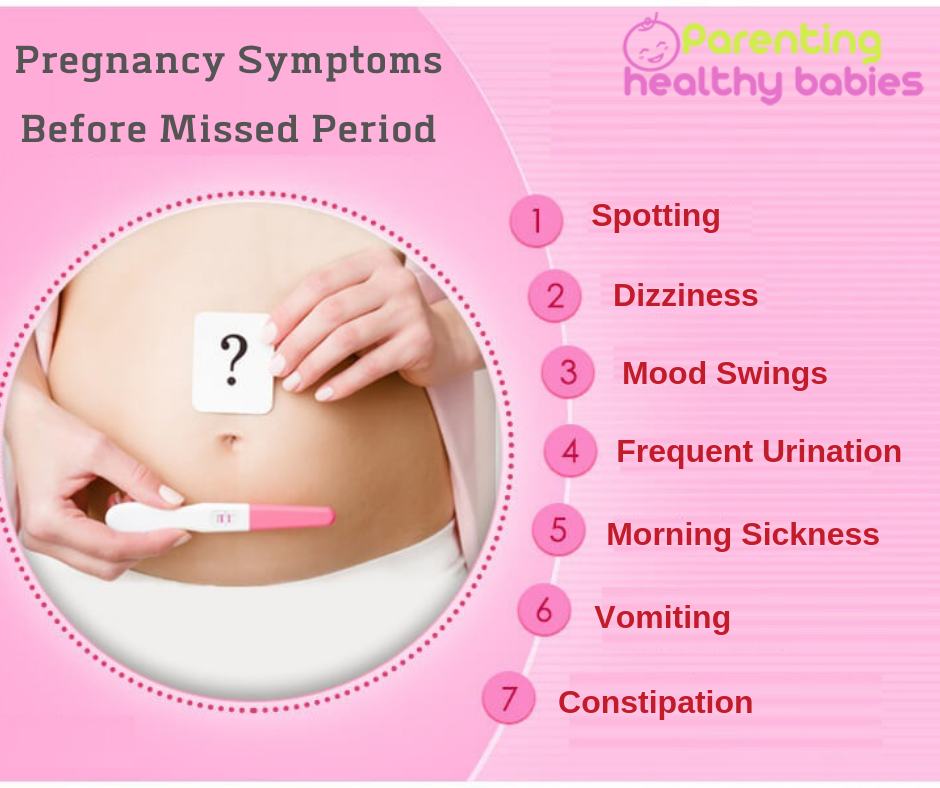 So, if you are pregnant, you’ll likely experience a unique combination of common, not-so-common and sometimes overlapping symptoms. And, they may show up earlier or later than expected. Here are more than a dozen possible symptoms of early pregnancy.
So, if you are pregnant, you’ll likely experience a unique combination of common, not-so-common and sometimes overlapping symptoms. And, they may show up earlier or later than expected. Here are more than a dozen possible symptoms of early pregnancy.
1. Spotting or light bleeding
Many women are surprised to learn that spotting or light bleeding can be an early sign of pregnancy, but about one-third of women experience it. This is often called implantation bleeding because doctors believe it occurs as the fertilized egg attaches (or implants) itself into the uterine lining. This is different from bleeding that could occur from something like a miscarriage – which is usually heavier.
When does implantation bleeding occur?
Implantation bleeding typically occurs 10 to 14 days after conception, which is just before or right around the time your period is due. So, you may think you’ve gotten your period.
But implantation bleeding is a light flow, which may start and stop over a couple days.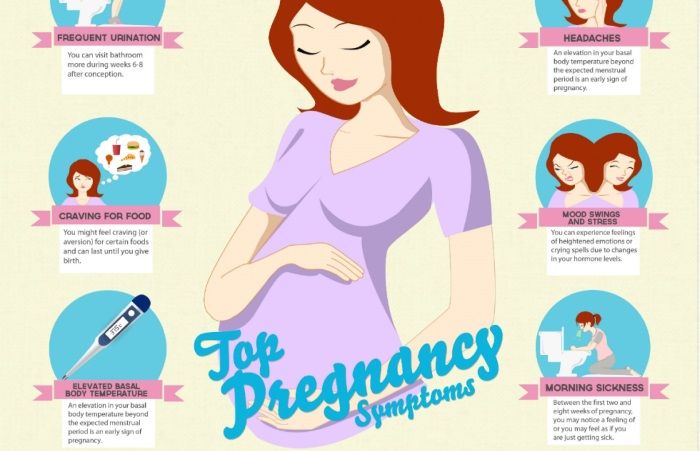 And while it can take on a range of colors, it’s more likely to be pink, brown or light red.
And while it can take on a range of colors, it’s more likely to be pink, brown or light red.
Your period, on the other hand, may start off light in flow and in color but after a couple days becomes heavier, changes to a crimson red color and lasts up to a week or so.
2. Lower abdominal pain or cramping
While cramps and lower-abdominal pain can signal a coming period, they can also be a sign of egg implantation.
What do implantation cramps feel like?
Implantation cramps can occur with or without spotting or bleeding, and may feel different from period cramps. For example, you might feel mild to moderate prickling, pulling or tingling that comes and goes over a few days.
But menstrual cramps can often feel like a throbbing or dull ache, and typically start a day or two before your period.
3. Higher basal body temperature
If you’ve been tracking your basal body temperature (BBT) to increase your chances of getting pregnant, you probably know that your BBT goes up slightly right after ovulation. If you’re pregnant, your temperature may remain elevated rather than dipping back down.
If you’re pregnant, your temperature may remain elevated rather than dipping back down.
Of course, you could be running hot for other reasons, but if it lasts more than a few weeks, pregnancy may be the explanation.
4. Changes in cervical mucus
If you’ve already been checking your cervical mucus to figure out when you’re most fertile, here’s a reason to continue: In the first few weeks of pregnancy, the amount of cervical discharge may increase and become stickier and whiter.
5. Breast tenderness, swelling or tingling
When you’re pregnant, your body experiences big changes in hormones – specifically, increases in estrogen and progesterone – to support your growing baby. This change in hormones can contribute to many symptoms, including breast tenderness.
Oftentimes, increased breast tenderness, swelling or tingling start to become noticeable a few days before a missed period.
If you usually experience breast tenderness leading up to your period or shortly after it begins, pregnancy-related breast tenderness and swelling will likely be more intense than you’re used to and stick around.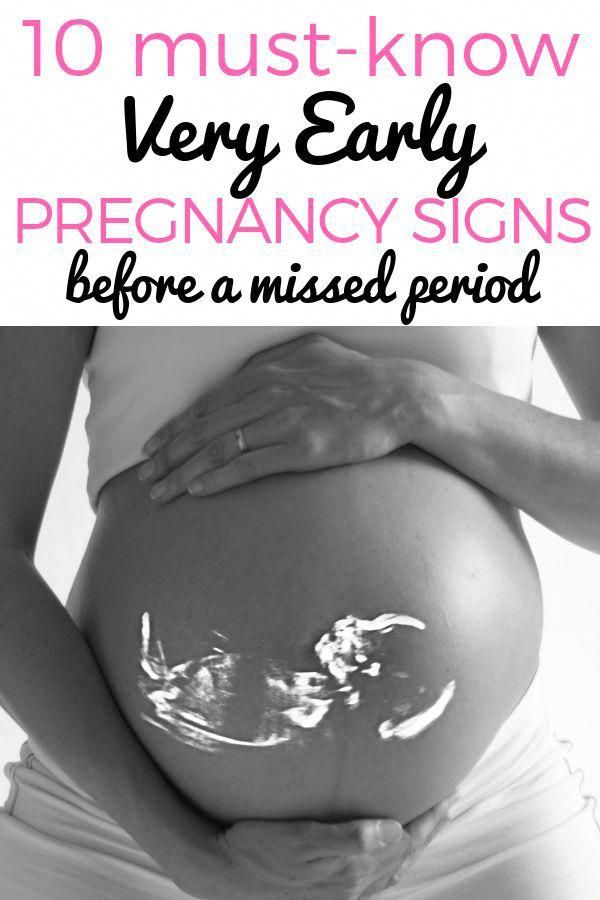 You may also experience nipple soreness.
You may also experience nipple soreness.
6. Fatigue
Fatigue in early pregnancy is common, and some women might notice it before they know they’re pregnant. In fact, fatigue may set in as soon as one week after conception. This is thanks to those sudden changes in hormone levels, particularly increasing progesterone.
7. Frequent urination
If you’re making more trips to the bathroom than usual around the time your next period is due, it may be a sign of pregnancy.
Certainly, your drinking habits play a big role in how many times you pee in a day. However, pregnancy increases the amount of blood in your body, which gives your kidneys more fluid to filter and more waste to get rid of.
So if you’re pregnant, you may notice you’re peeing a lot more – a symptom that can start early on and (unfortunately) last throughout your pregnancy.
8. Nausea or vomiting
Morning sickness might be the most well-known of all pregnancy symptoms, taking the form of food aversion or nausea, and even vomiting for some. This symptom can set in as early as two weeks after conception, which is around the fourth week of pregnancy and right around the time you’d miss your period if you were pregnant.
This symptom can set in as early as two weeks after conception, which is around the fourth week of pregnancy and right around the time you’d miss your period if you were pregnant.
But some may not experience nausea or vomiting at all. And despite its name, morning sickness can actually happen at any time of the day or night.
9. Darkening areolas
When you’re pregnant, your areolas (the areas round your nipples) will likely grow and darken. Usually, these changes are gradual and continue throughout pregnancy. However, some women notice these changes really early on in combination with other symptoms.
10. Bloating or constipation
We all experience bloating or constipation from time to time, but both are quite common during pregnancy. Once again, those changing hormones are the culprit. They slow down digestion, which can cause a buildup of air in the gut and lead to constipation.
Early on, bloating or constipation may be mild and accompanied with other pregnancy symptoms. But – as a heads up – if you really are pregnant, these symptoms may stick around throughout your whole pregnancy.
But – as a heads up – if you really are pregnant, these symptoms may stick around throughout your whole pregnancy.
11. Metallic taste in your mouth
Many women report a metallic taste in their mouth during pregnancy. Once again, hormones are to blame – specifically, estrogen.
Typically, this symptom (as well as changes in taste overall) is common in the first trimester but may occur at other times too – including before a missed period.
12. Sensitivity to smell
Many women report that sensitivity to smell was one of their first signs of pregnancy. In fact, as many as two-thirds of women become more sensitive or reactive to the smells around them during pregnancy.
And oftentimes, this heightened sense of smell can stick around through the first trimester or beyond, and contribute to other symptoms such as nausea, and food cravings or aversions.
13. Mood changes
From a stressful day at work to the natural wonders of your menstrual cycle, there are a lot of things that can affect your mood.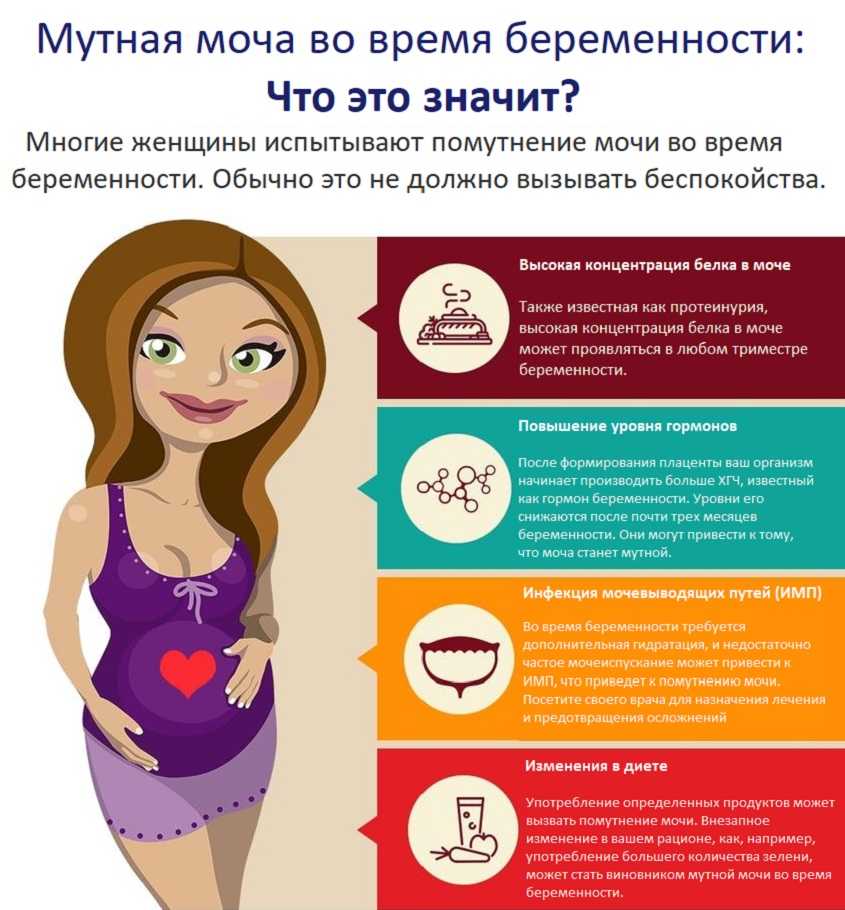 But changes in mood are very common during pregnancy – and they may be especially noticeable early on as your body gets a sudden burst of estrogen and progesterone.
But changes in mood are very common during pregnancy – and they may be especially noticeable early on as your body gets a sudden burst of estrogen and progesterone.
If you are pregnant, any mood changes you’re experiencing are likely coupled with other symptoms such as fatigue or nausea. You may feel more sensitive or weepy. Or perhaps your fuse is a little shorter and you’re more easily annoyed.
14. Headaches
Headaches are a part of life. They come with colds and allergies. They come with stress or fatigue, or when you cut down on caffeine to help prepare your body for pregnancy. But they can also come with pregnancy.
Headaches can happen thanks to the increasing blood volume and hormonal changes that occur in early pregnancy. You can also get headaches if you’re dehydrated as a result of nausea.
15. Dizziness
As blood flow increases during pregnancy, blood pressure can also decrease and lead to dizzy spells. Usually, dizziness is more of a second trimester symptom, but some women may notice it very early on, too.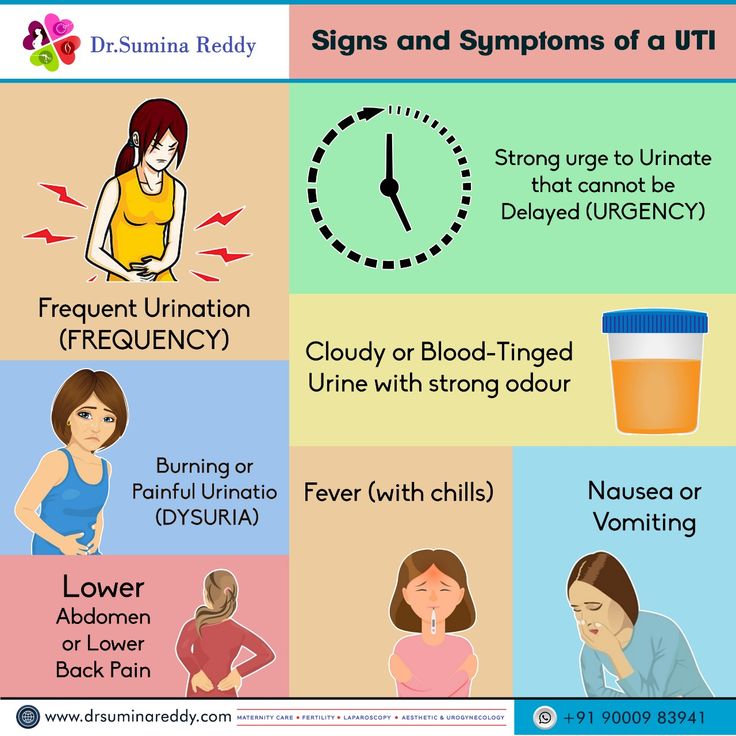
16. Nasal congestion
A lot of people are shocked to learn that nasal congestion can be a pregnancy symptom. You may wonder if you’re coming down with something or your allergies are acting up. But if you’re noticing a stuffy or runny nose along with other pregnancy signs, you might be taking a pregnancy test in the near future.
The mucous membranes in the nose are also affected by hormones and increased blood flow throughout your body. This can cause blood vessels to swell, resulting in congestion and even sneezing.
Could you have early pregnancy symptoms and not be pregnant?
Yes. As we’ve mentioned, many early pregnancy symptoms can overlap with symptoms of other conditions, especially premenstrual symptoms. So, the best way to know if the symptoms you’re experiencing are pregnancy related is to try to relax and patiently wait until it’s time to take a pregnancy test.
When should you see a doctor about a new pregnancy?
If you’ve taken a pregnancy test and it’s positive, go ahead and make your first prenatal visit right away.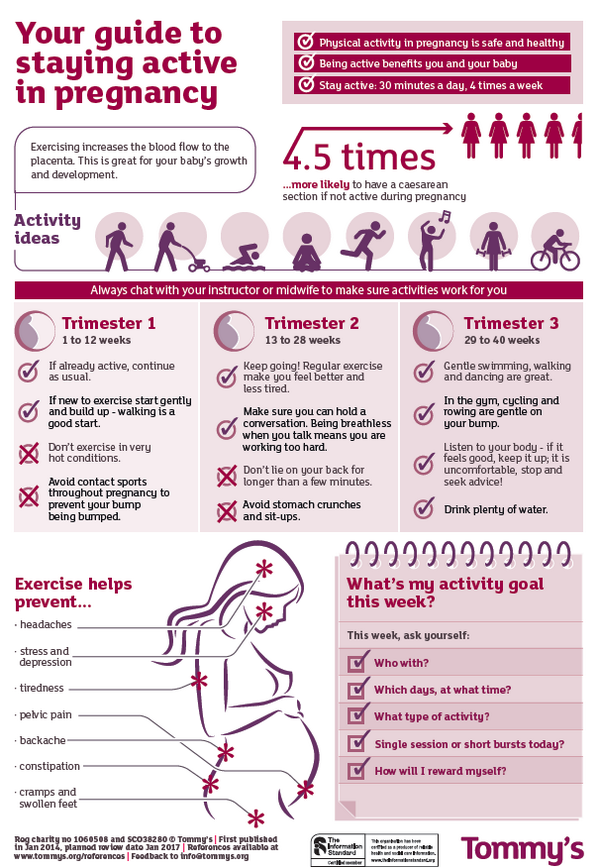 This is also a great time to start looking into educational resources like the myHealthyPregnancy app.
This is also a great time to start looking into educational resources like the myHealthyPregnancy app.
At the first prenatal visit, you’ll get a physical exam and other tests to make sure everything is looking healthy, and you’ll learn about the rest of your prenatal appointment schedule. You’ll also get to talk through any expectations and questions you have, such as which foods to eat and avoid while pregnant.
Questions or concerns about your symptoms? Our 24/7 nurse line is free for our members and patients.
Positive pregnancy test? Schedule a visit.
Preparing for pregnancy checklist | HealthPartners Blog
Yay! Your trying-for-a-baby days are about to begin. You’re ready to get to work, but is your body ready for pregnancy?
Our bodies are capable of incredible things, but that doesn’t mean getting pregnant is easy for everyone. That’s why preparing your body for pregnancy is so important. Your physical, mental and emotional health are essential for increasing your chances of conception and a healthy pregnancy.
From figuring out when you’re most fertile during your cycle to what to eat while trying to get pregnant, we’ve put together a preparing-for-pregnancy checklist to help you get started on preconception planning.
Preparing for pregnancy Part 1: Take your first baby steps
Stop using birth control
One of the first things to do before getting pregnant is simple: you’ll need to stop any birth control methods you’re using. Just make sure you’re ready.
Barrier birth control methods, like condoms or a diaphragm, can be used until the day you start trying to conceive. If you’re using contraceptives like birth control pills or an intrauterine device (IUD), you may want to switch to a barrier method now if you’re planning to start trying in the next couple months. Why?
In order to get pregnant, you need to begin regular ovulation again. Ovulation occurs when an egg is released from your ovary – which is something birth control pills, rings, patches, implants and hormonal IUDs are meant to prevent. These types of hormonal birth control methods can also make your cervical mucus thicker, which helps prevent sperm from reaching an egg if it is released.
These types of hormonal birth control methods can also make your cervical mucus thicker, which helps prevent sperm from reaching an egg if it is released.
Getting pregnant immediately after stopping birth control is possible, but it could take several months.
Track your menstrual cycle
The first day of your period marks the beginning of a new menstrual cycle – the monthly process that makes pregnancy possible. And tracking your cycle helps you do two things: understand the patterns of body changes you experience throughout your cycle and narrow down your fertile window.
Your fertile window is when your chances of conceiving are highest. Your fertile window also includes your ovulation window, which is a roughly 24- to 72-hour time period when conception can occur.
When are most women usually fertile? The average cycle length is 28 days, but it can range from 21-35 days. Depending on your cycle, your fertile window can be six to 10 days in length and occurs mid-cycle.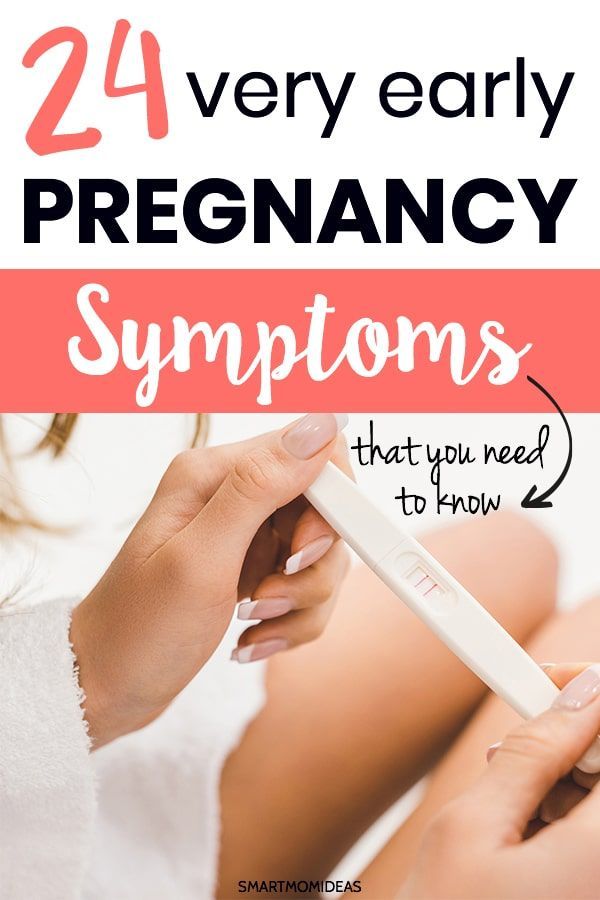
So, the next time your period rolls around, start tracking. Record when your period starts and when it ends, what you notice about your flow, and any symptoms you have. These symptoms might include cramps, back aches or breast tenderness during your period and throughout the rest of your cycle.
If this seems a little daunting, don’t worry. You can use a fertility tracker app to help. There are dozens of mobile apps out there designed to make it easy to track your period and symptoms, visualize patterns and (eventually) time your baby-making sessions. Some apps include:
- Clue
- Flo
- Fertility Friend
- premom (which pairs with their ovulation testing kits)
Eventually, you may start tracking fertility data like basal temperature or ovulation test data too. Your basal temperature – your resting body temperature – can rise slightly when you’re ovulating. And at-home ovulation tests can help detect a surge in luteinizing hormone (LH) in your urine, which signals ovulation is near.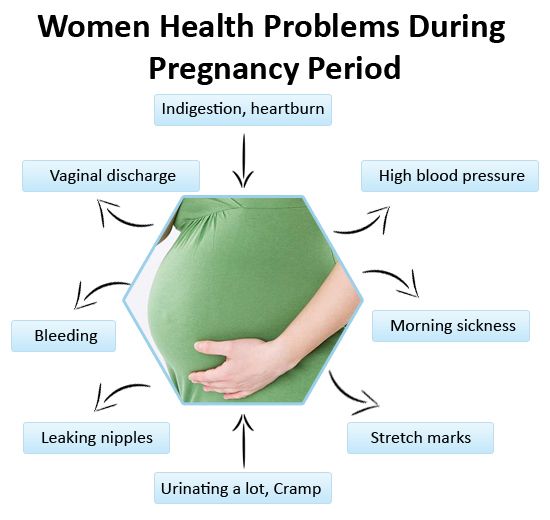
Both can help you figure out your most fertile days and time sex for the best chances of conception – and a fertility tracker can be extremely helpful in keeping track of all the data each month.
Schedule a preconception checkup
The best way to prepare your body for pregnancy is to make sure your body is healthy – and that’s where a preconception visit with an OB-GYN, certified nurse-midwife (CNW) or family medicine doctor comes in.
A preconception checkup is similar to an annual physical but includes additional care geared toward family planning and pregnancy. It may take a couple of weeks for you to get in for an appointment. That’s why we recommend that you make a preconception appointment early on.
Here are some of the things you can expect during your visit:
- A review of your medical and reproductive history, including:
- Whether you’re up to date on recommended immunizations like tetanus, hepatitis and whooping cough
- Current medications you’re taking (including vitamins and supplements)
- Health conditions you’re managing, like diabetes, anxiety, high blood pressure or other medical concerns
- Past pregnancies
- A discussion about your lifestyle and working environments
- Pre-pregnancy diet and prenatal vitamin recommendations
- A physical exam, which may include a Pap test and pelvic exam
- Lab tests (depending on a variety of factors like your age or current health conditions)
- A time to ask any preconception planning questions or concerns that are on your mind – now is the perfect time to ask your doctor, nurse practitioner or midwife
What’s the difference between a midwife and OB-GYN? Or how about a family doctor for pregnancy? All can provide you with incredible care now and if you get pregnant. Choosing the right person for you comes down to your health, pregnancy goals and preferences.
Choosing the right person for you comes down to your health, pregnancy goals and preferences.
We’re ready if you’re ready. Schedule a preconception appointment today.
Make a preconception appointment
Ask your partner to schedule his own preconception exam, too
Your partner’s health is just as important as yours when you’re trying to have a baby. Health issues like obesity, depression or stress, and lifestyle factors such as smoking and drinking alcohol are just a sampling of the factors that can impact male fertility. So, get your own appointment on the books and ask him to do the same.
Planning for pregnancy Part 2: How to prepare your body for pregnancy
Start taking a prenatal multivitamin
Many women wonder when to start taking prenatal vitamins. Once you know you’re pregnant? Before? The first few weeks of pregnancy are important for fetal health and development. Certain vitamins – especially folic acid – help with development and help reduce birth defects.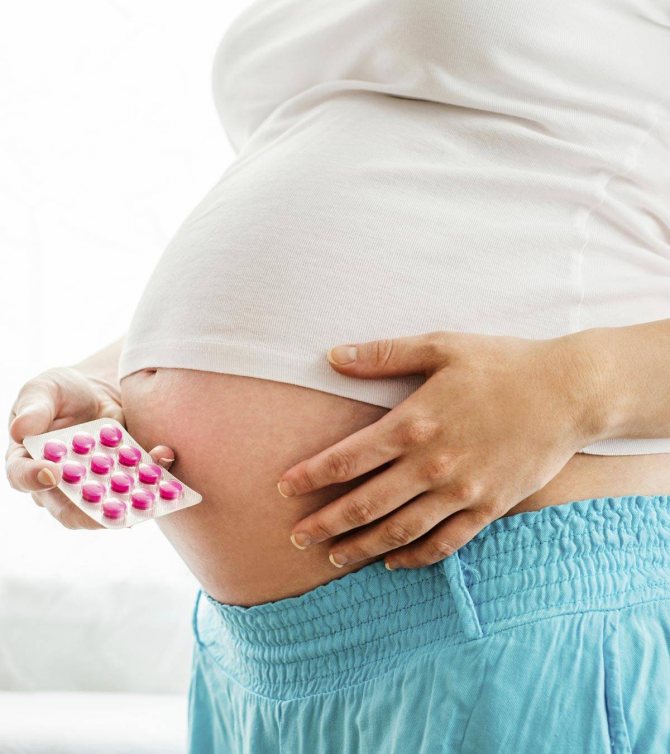
When you do conceive, the earliest you may find out you’re pregnant is around Week 4. So if you’re planning for pregnancy starting prenatal vitamins before you’re pregnant (and continuing them throughout your pregnancy) is important.
There are plenty of prenatal multivitamin brands to choose from – just make sure you read the labels. Look for prenatal vitamins that have a minimum of 400 milligrams of folic acid and aim to take them for a full month before becoming pregnant.
Begin a pre-pregnancy diet
Maintaining a healthy, balanced diet is always important for your health and well-being. But when you’re trying to conceive, give your body the nutrients it needs to support a healthy pregnancy.
What does a pre-pregnancy diet look like? Eating a variety of foods is important. Your body needs adequate protein, carbohydrates and fats for energy, as well as folic acid, calcium and iron. These are the same nutrients you'll want to include in your diet once you are pregnant.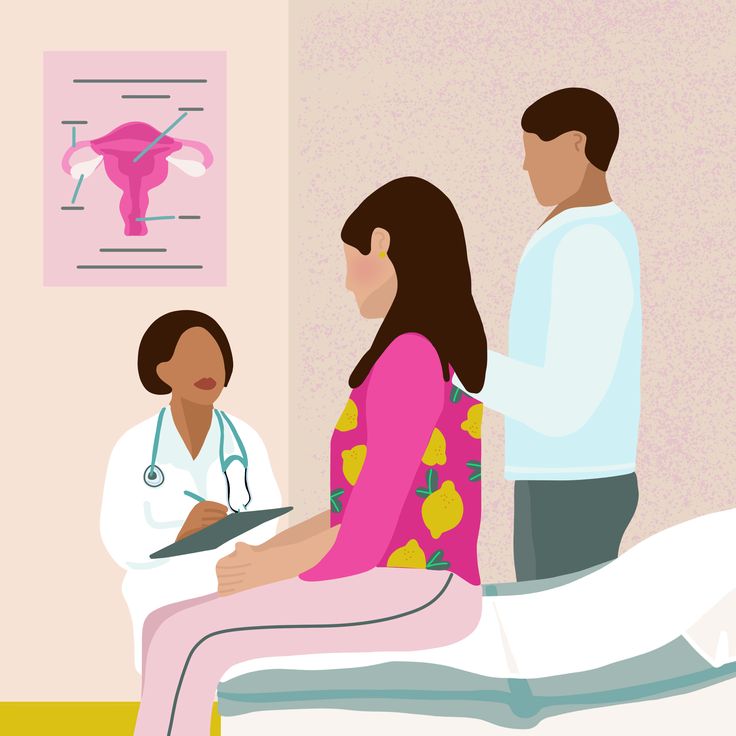
- Proteins – Protein helps support important body functions like tissue repair, hormone function and muscle building. It also helps you regulate your blood sugar. Lean proteins like fish that are low in mercury, skinless turkey or chicken, low-fat dairy, and legumes (peas, beans and lentils) help support body function while also limiting your intake of saturated fats.
- Fats – Saturated fats raise blood lipids. Over time, this can increase your risk for heart disease. So, reduce your intake of saturated fats like butter, cheese, and fatty meats such as beef and some pork products. Instead, add more unsaturated fats like olive oil, avocados, peanuts and tree nuts to your diet.
- Carbohydrates – Carbohydrates give your body energy but complex carbohydrates are the best choice. Processed foods like cookies, chips and soda – and anything with refined sugar added – are simple carbohydrates that don’t provide much if any nutritional value.
 But complex carbohydrates like whole grains, fruits and vegetables are low in sugar or have natural sugars, and are excellent sources of essential vitamins and fiber:
But complex carbohydrates like whole grains, fruits and vegetables are low in sugar or have natural sugars, and are excellent sources of essential vitamins and fiber:
- Asparagus
- Avocado
- Bananas
- Beets
- Broccoli
- Brussels sprouts
- Citrus fruits
- Eggs
- Fortified grains
- Legumes
In addition to eating a balanced diet of proteins, fats and carbs in pre-pregnancy, you should also:
- Increase your water intake – Aim for 8-10 cups of water per day.
- Reduce your caffeine intake – You should cap yourself at 200 mg of caffeine per day, which is roughly the equivalent of one large cup of coffee.
- Assess your weight – Being overweight (and underweight) can have an impact on your fertility, making it more difficult to conceive or sustain a healthy pregnancy. Being overweight while pregnant can also increase the risk of high blood pressure, gestational diabetes, oversized babies and more.
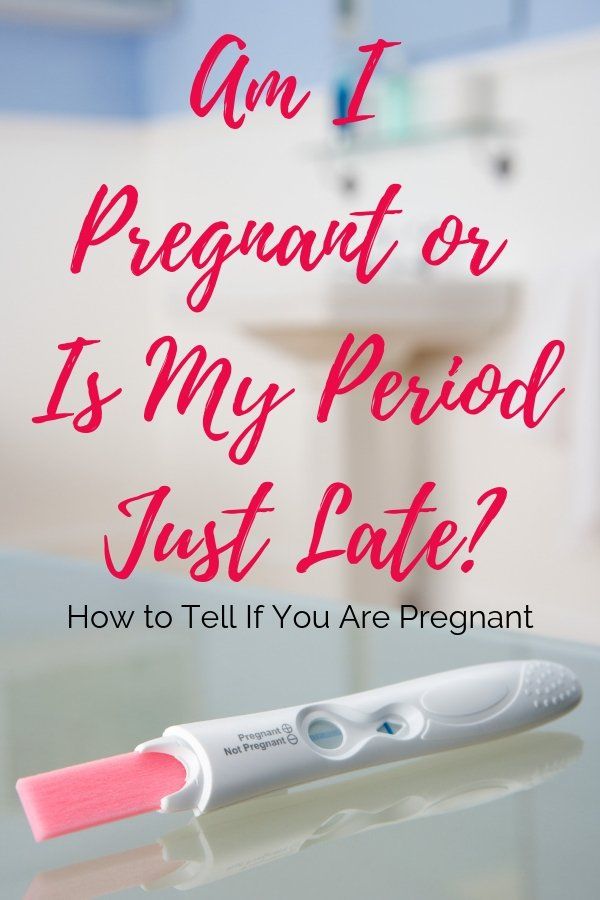
Make a quit plan
Over the years, numerous studies have shown that smoking while pregnant, as well as drinking and using other drugs, can be harmful to mothers and their babies. But you might not know that smoking, drinking and drug use while you’re trying to conceive may be detrimental too.
Smoking has been linked to a range of fertility issues, including increased risk of ectopic pregnancy, damage to eggs as they develop in your ovaries, changes to your uterine lining that may make correct embryo implantation less likely, and more.
When it comes to drinking while trying to conceive, one of the biggest concerns is the impact alcohol can have in the early weeks of pregnancy. Crucial organ development happens in the first few weeks – before you might know that you’re pregnant – and excessive drinking can lead to complications. Try to avoid or limit alcohol while trying to conceive, then avoid during pregnancy.
If you need help quitting, talk with your doctor, midwife or nurse practitioner during your preconception exam. They can connect you with helpful resources, and if you’re a HealthPartners insurance plan member, you have free access to a health coach. Just call 800-311-1052 to get started.
They can connect you with helpful resources, and if you’re a HealthPartners insurance plan member, you have free access to a health coach. Just call 800-311-1052 to get started.
Start exercising before getting pregnant
Physical activity – along with a healthy diet – is important for maintaining a healthy weight and strengthening and conditioning your body. Pregnancy is a lot of work for your body. Staying active and exercising can improve your overall health, help prepare your body for pregnancy and set your baby up for a healthy start.
How often should you exercise when you’re trying to get pregnant?
Generally, 30 minutes of moderate exercise five times a week (or 150 minutes each week) is a good goal. If you’re not used to exercising regularly, start with 10- to 15-minute blocks and work your way up. If you’re already pretty active, try to increase your activity level to between 150 and 300 minutes each week.
What type of exercise should you do if you’re trying to get pregnant?
Walking is an easy, relatively low-impact way to get moving. Restorative exercises like stretching, yoga and foam rolling are great for relaxation and healing from more strenuous activities. Squats can also be a good strengthening exercise – especially since you may be getting low to pick up toys or your baby in the near future. What’s more, these are also safe exercises to do during pregnancy. So it’s worth getting familiar with at least a few of them.
Restorative exercises like stretching, yoga and foam rolling are great for relaxation and healing from more strenuous activities. Squats can also be a good strengthening exercise – especially since you may be getting low to pick up toys or your baby in the near future. What’s more, these are also safe exercises to do during pregnancy. So it’s worth getting familiar with at least a few of them.
Limit toxin exposure at home and at work
From cleaning products to cosmetics, you encounter toxins every day – many of which can be harmful to reproductive health. While you may not be able to eliminate exposure to certain toxins, there are steps you can take to minimize or avoid exposure. Some tips include:
- Avoid secondhand smoke whenever possible
- Ditch chemical-based household cleaners and make your own using vinegar and water
- Avoid heavy use of in-home air fresheners
- Don’t overuse aerosol sprays (e.g. hairspray, deodorant, etc.)
- Drink filtered water
- Don’t spray for bugs and rodents inside your home: Keep your home clean, use bait traps and (if necessary) hire only a licensed pest control expert
- Always rinse vegetables and fruits with warm water or scrub with a clean brush if needed.
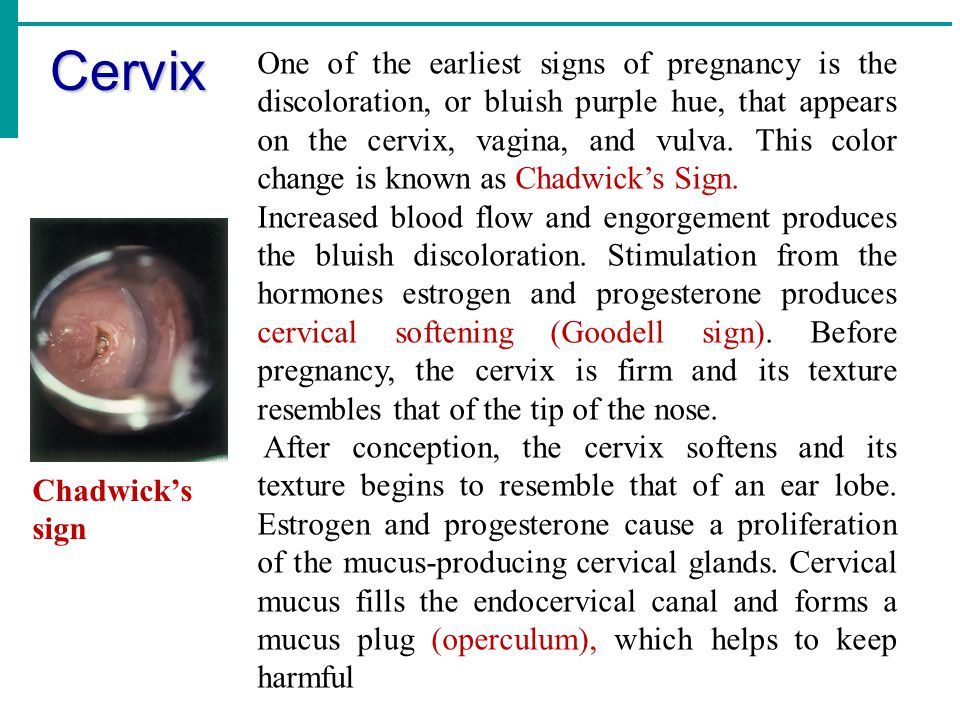 Produce labeled “pre-washed” or “ready to eat” does not need to be rinsed.
Produce labeled “pre-washed” or “ready to eat” does not need to be rinsed. - Use BPA-free products (BPA is a chemical used in food containers and packing, and many hygiene products)
- Talk to your company about potential toxins you may be exposed to in the workplace
Look for ways to reduce stress and increase rest
Stress can impact your health in a lot of different ways. Stress can cause physical symptoms like increased heart rate, high blood pressure, headaches, fatigue, muscle soreness and upset stomach. Stress can affect your mood, making you feel anxious, overwhelmed, restless or irritable. Stress can also lead to behavior changes like overeating or undereating, social withdrawal or angry outbursts.
The bottom line? Stress can negatively impact your overall health and well-being – which can impact your fertility and your eventual pregnancy. So, look for ways to reduce stress and destress, as well as get more rest.
We know, we know. Easier said than done, right? But here are a few suggestions for how to reduce stress when trying to conceive:
- Busy schedule – If your schedule is hectic, look for ways to cut back on your commitments or delegate responsibilities.
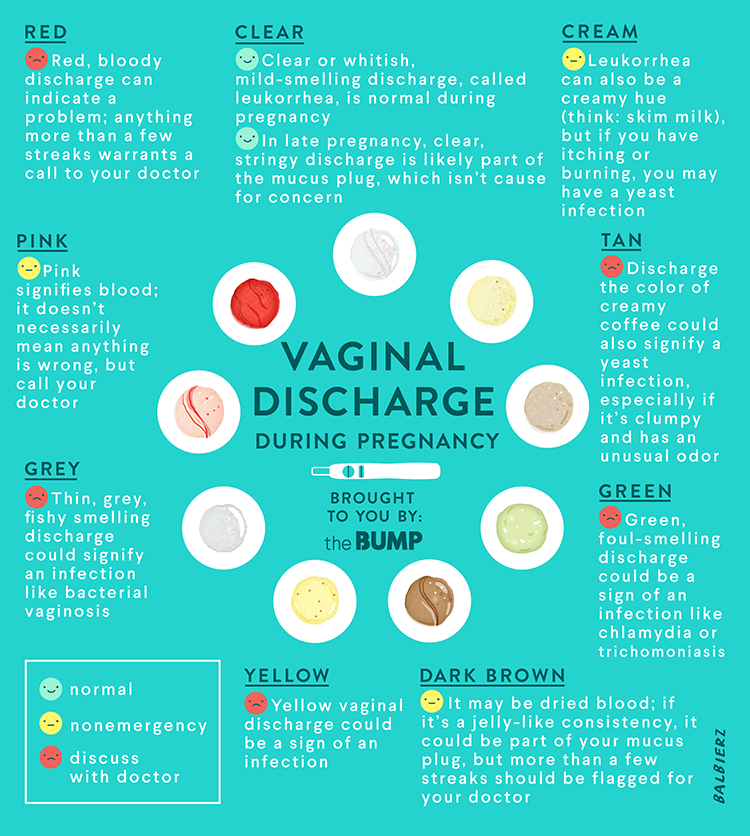 For example, if you host a monthly book club, ask another member to take over for a while. If you have a lot of errands to run, ask your partner to pitch in. If you need to hit the grocery store, consider using a delivery service.
For example, if you host a monthly book club, ask another member to take over for a while. If you have a lot of errands to run, ask your partner to pitch in. If you need to hit the grocery store, consider using a delivery service. - Work – If you’re stressed about work, talk to your supervisor about getting a little extra support or changing up your schedule.
- Finances – If you’re stressed about finances, make a budget tracker with your partner. Also review your insurance coverage for prenatal care, postpartum care and pediatric care, and learn about your company’s maternity leave policy. This can help you prepare for what’s to come.
- Intimacy – If you’re stressed about the time you and your partner will spend trying to conceive, know that you’re not alone. When trying to conceive, many couples feel like sex can turn into a chore. So, try to carve out additional time for you and your partner to connect – inside and outside the bedroom.
If you think you need a little help to reduce stress, talk with your primary care doctor.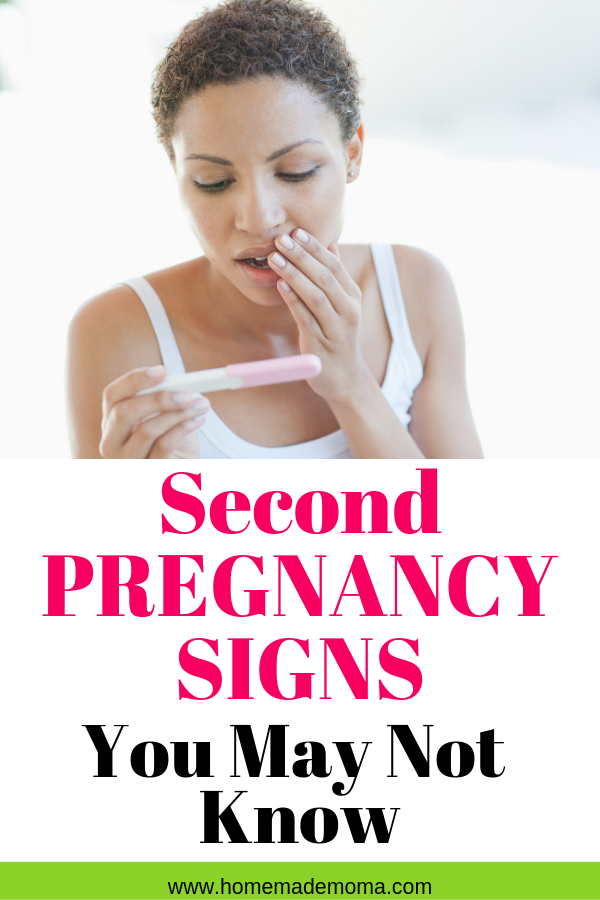 They can work with you to manage your stress and connect you with a mental health specialist if needed.
They can work with you to manage your stress and connect you with a mental health specialist if needed.
Schedule your next trip to the dentist
Your oral health is an important part of your overall health. Plus, hormonal changes – not to mention more frequent snacking and morning sickness – during pregnancy can affect your teeth and gums. So, good daily brushing habits and keeping up on your regular trips to the dentist are important.
Pregnancy planning Part 3: Get busy
Use pregnancy-friendly lubricants
Lubricants help make sex more enjoyable and comfortable – especially when you’re trying to get pregnant. But the vast majority of lubricants aren’t designed for trying-to-conceive couples. These lubricants can be harmful to sperm, interfering with sperm motility, integrity and survival.
Fertility-friendly lubricants mimic the consistency of your cervical mucus and provide a protective environment for sperm as they make their way through your reproductive system.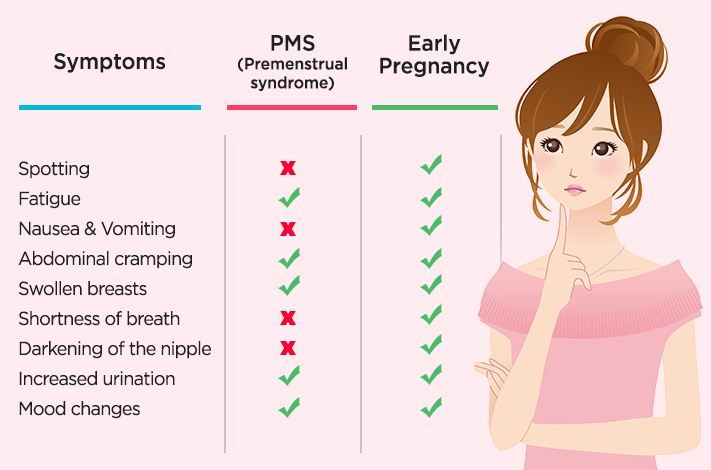 Ask your doctor, midwife or nurse practitioner for a safe recommendation.
Ask your doctor, midwife or nurse practitioner for a safe recommendation.
Have sex
Sex is an important part of the baby making equation. So, if you’re ready to start trying for a baby, make regular lovemaking a priority.
Be spontaneous yet committed to regular sex. Don’t worry about timing at first, just focus on having unprotected sex frequently throughout your cycle, and use your fertility tracking journal or app to record the days you have sex.
Start preparing your mind and body for pregnancy today
This is such an exciting time in life for you and your partner – and a little planning can go a long way.
Get started by putting aside your birth control, tracking your cycle to get more familiar with your body and making a preconception appointment. Then focus on things like adding a daily prenatal vitamin, diet and exercise, kicking bad habits and so on. Finally, let the practice begin. Get a fertility-friendly lubricant and start your baby-making sessions.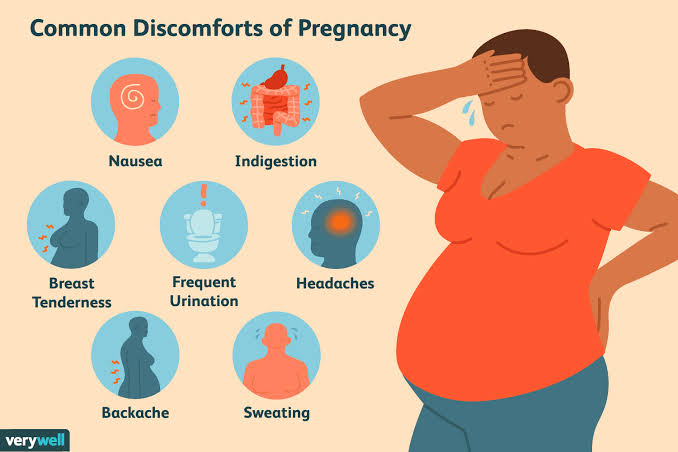 You’ll be scheduling your first prenatal appointment before you know it.
You’ll be scheduling your first prenatal appointment before you know it.
We also have a robust pregnancy resource guide that connects you with all kinds of tips and information to help you on your pregnancy journey.
We’re ready if you’re ready. Schedule a preconception checkup today.
Make a preconception appointment
First signs of pregnancy before delay, early symptoms
Significant hormonal changes occur during pregnancy. This causes a number of symptoms. Some women experience pregnancy symptoms right away, while others may only have a few. About the first signs of pregnancy at an early stage and when exactly the initial signs of pregnancy appear are described in the article.
At what time do the first signs of pregnancy appear
The answer to the question when the first signs of pregnancy appear is quite ambiguous, because some women do not feel any signs at all during the first few weeks. At what week do the first signs of pregnancy appear in others? When do the first signs of pregnancy appear after conception? Symptoms of very early pregnancy (such as breast tenderness) may appear before a missed period, as early as six to seven days after conception, while other early signs of pregnancy (such as spotting) may appear about a week after ovulation. We will tell you more about the first signs of pregnancy before menstruation and when the signs of pregnancy appear.
At what week do the first signs of pregnancy appear in others? When do the first signs of pregnancy appear after conception? Symptoms of very early pregnancy (such as breast tenderness) may appear before a missed period, as early as six to seven days after conception, while other early signs of pregnancy (such as spotting) may appear about a week after ovulation. We will tell you more about the first signs of pregnancy before menstruation and when the signs of pregnancy appear.
What are the earliest signs of pregnancy?
The first signs of pregnancy in the early stages:
- delayed menstruation - 29%;
- nausea - 25%;
- mood swings - from 14 to 23%;
- breast changes - 17%;
- pain in the lower abdomen - 15%;
- depression - 15%;
- fatigue, drowsiness - 13%
- decrease in immunity - 6%;
- the first signs of pregnancy - discharge or implantation bleeding - only 3%.
Physiological first signs of pregnancy
What are the very first symptoms of pregnancy?
The most common physiological signs of pregnancy include:
- Tender and enlarged breasts.
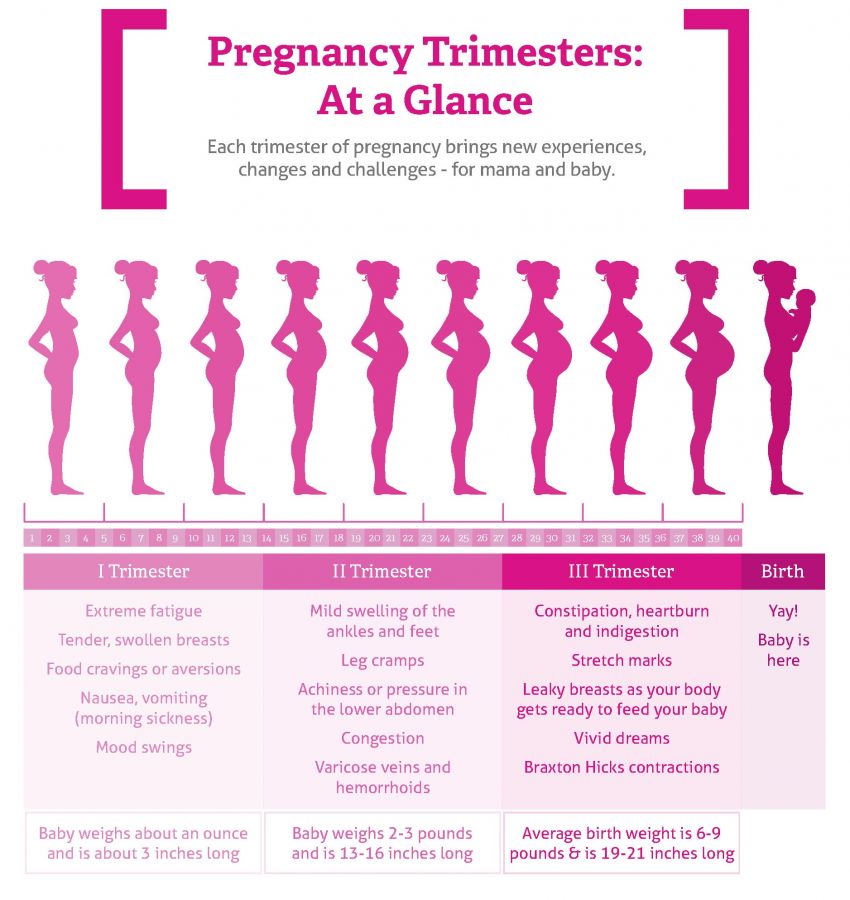 Signs of pregnancy in the first days after conception include breast changes (1-2 weeks after conception). The area around the nipples, called the areola, may also darken.
Signs of pregnancy in the first days after conception include breast changes (1-2 weeks after conception). The area around the nipples, called the areola, may also darken.
- Drowsiness and fatigue. Fatigue is also among the signs of pregnancy in the first days after conception. During early pregnancy, levels of the hormone progesterone rise dramatically, which can cause drowsiness.
- Nausea with vomiting. When do these signs of pregnancy appear? Morning sickness, which can appear at any time of the day or night, often appears between the second and eighth weeks after conception.
- Dizziness and fainting . This may be due to dilation of blood vessels, lowering blood pressure and blood sugar levels.
- Spasms. Some women experience symptoms of pregnancy in the early days, such as mild uterine cramps.
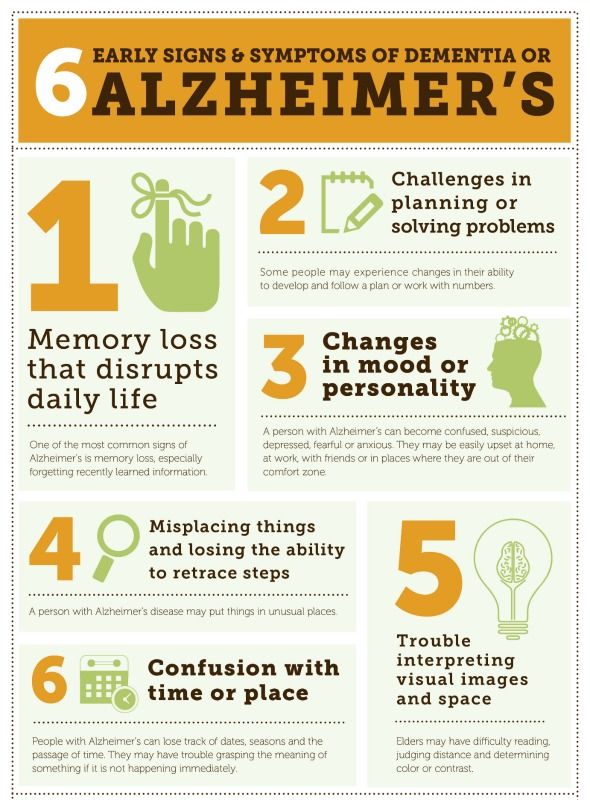
- Headaches and back pains. Many pregnant women complain of frequent headaches, while others experience back pain.
- Insomnia - another first sign of pregnancy before the test. Causes can include stress, physical discomfort, and hormonal changes.
- Change in taste preferences. Like most other symptoms of pregnancy, these eating habits can be attributed to hormonal changes.
- Temperature. Early signs of pregnancy include fever (37-37.5).
- Delayed menstruation. How long does it take for the first signs of pregnancy to appear? If you are of childbearing age and a week or more has passed without your expected period, you may be pregnant. However, this symptom can be misleading if you have an irregular menstrual cycle.
- Bloody discharge - the first signs of pregnancy .
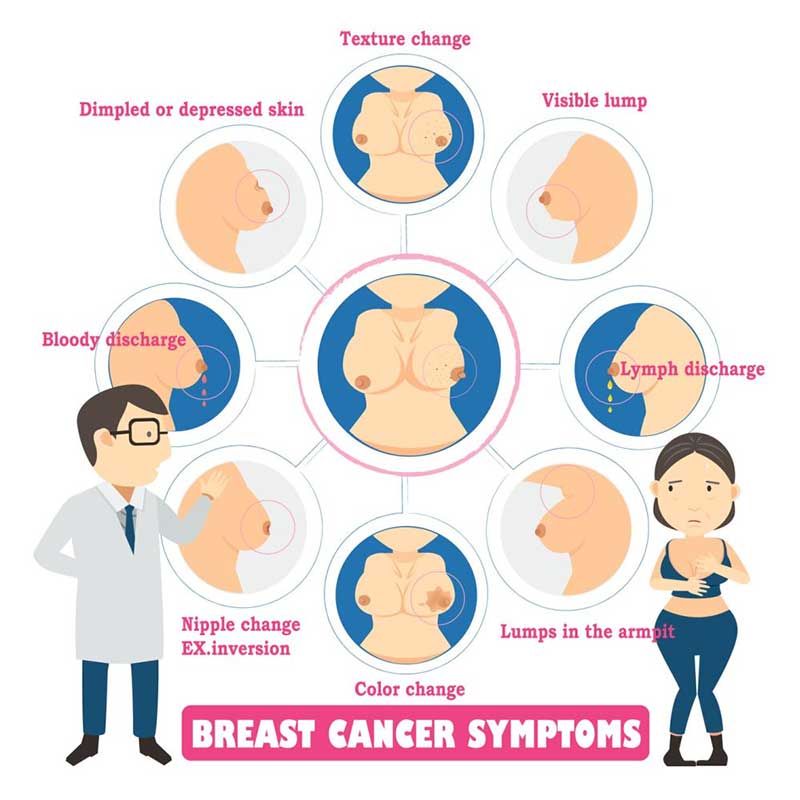 This bleeding, known as implantation bleeding, occurs when a fertilized egg attaches to the lining of the uterus, approximately 10 to 14 days after conception.
This bleeding, known as implantation bleeding, occurs when a fertilized egg attaches to the lining of the uterus, approximately 10 to 14 days after conception.
- Bloating, heartburn. Hormonal changes can cause problems with the stomach and esophagus - these are common signs of pregnancy at 2 weeks.
- Constipation . Hormonal changes cause the digestive system to slow down, which can lead to constipation (signs of pregnancy after a delay).
- Frequent urination. You may urinate more than usual, which is a common sign of pregnancy at 5 weeks. During pregnancy, the amount of blood in the body increases, causing the kidneys to process excess fluid that enters the bladder.
- Runny nose. The appearance of this symptom is associated with excessive production of the hormone estrogen.
- Exacerbation of chronic diseases.
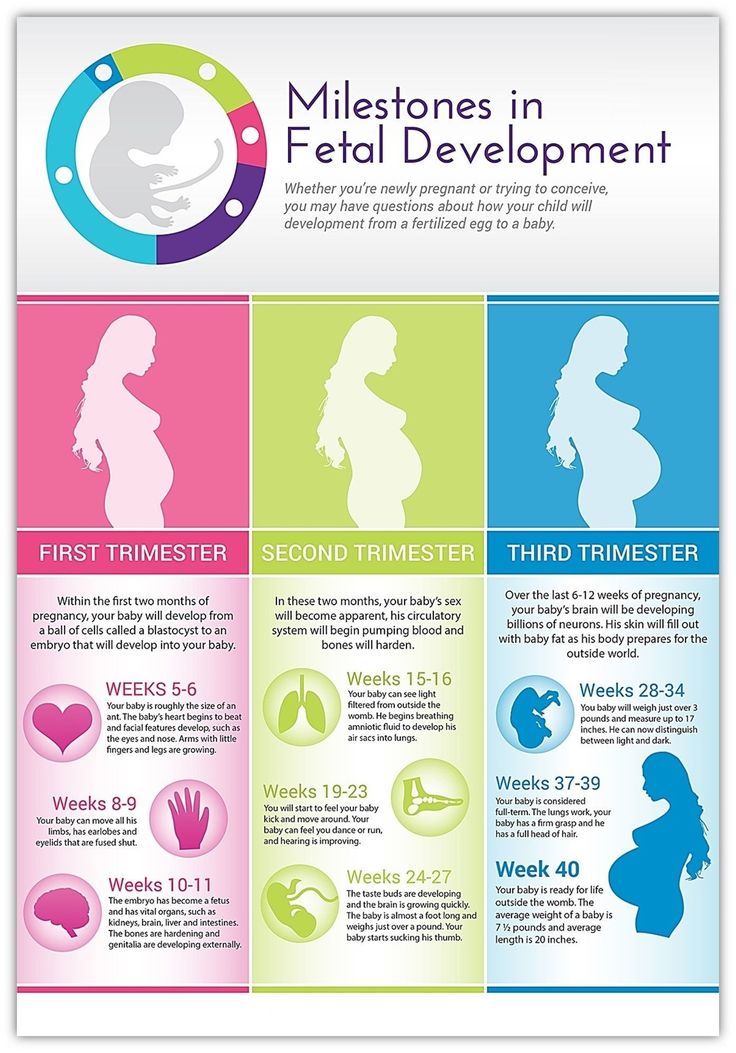 This is a sign of pregnancy after ovulation.
This is a sign of pregnancy after ovulation.
- Increased salivation. Also associated with hormonal changes.
- Sense of smell enhancement . Signs of pregnancy in the first two weeks may cause sensitivity to certain smells and the sense of taste may change.
Emotional first signs of pregnancy
The first signs of pregnancy before the delay (the earliest signs of pregnancy) include psycho-emotional symptoms.
- Mood swings.
- Irritability.
- Vulnerability, tearfulness.
- Capriciousness.
- Depression.
These are all emotional signs of early pregnancy that many women report. They describe feelings of heightened emotion or even bouts of crying, which are associated with rapid changes in hormone levels in the body. Also, signs of pregnancy at week 4 can make you feel PMS-style cranky. In addition, about 15% of women suffer from depression or anxiety during pregnancy. And after childbirth, these conditions suffer even more. In this case, it is better to seek help from a doctor.
And after childbirth, these conditions suffer even more. In this case, it is better to seek help from a doctor.
Do everything you can to improve your mood: get plenty of rest, eat well, get enough sleep, do things you love, and pamper yourself.
However, be aware that mood swings can be caused by a number of conditions other than pregnancy.
Influence of early pregnancy on daily routine
Early signs of pregnancy, mainly those that bring discomfort, can cause a change in daily routine. Here are some tips on what you can do with some of them:
- In case of toxicosis, avoid too hot or too cold food - this provokes an attack of vomiting. Eat often - at least 5-6 times a day, but in small portions.
- For nausea or vomiting, try ginger, chamomile, or vitamin B6.
- Drink plenty of water, in small sips between meals, to replenish lost fluids. Teas, juices, fruit drinks are also suitable.
- For back pain, wear shoes or shoe insoles designed for pregnant women and avoid high heels.
 Sleep on a firm mattress.
Sleep on a firm mattress. - For chest discomfort, wear a special bra that supports enlarged breasts.
- For constipation, eat more fiber-rich foods such as wheat bran and fresh vegetables and fruits.
- If you suffer from headaches and mood swings, try stress reduction techniques such as yoga or meditation.
- Be outdoors more often, at least half an hour a day. This helps to reduce the symptoms of toxicosis, calm the nervous system.
- Maintain your daily physical activity for as long as it is convenient for you to perform certain activities.
- Eat a balanced diet with enough proteins, fats and carbohydrates.
Important! All these tips are advisory in nature, be sure to consult your doctor if you encounter discomfort.
What to do if you notice early signs of pregnancy
To make sure the signs of pregnancy are accurate, you can use the following methods to diagnose early pregnancy:
- Donate blood for hCG.
 This method can be used a few days after conception. This type of pregnancy test is done using a small sample of blood that is analyzed in a hospital. It determines whether there is a pregnancy hormone in your body and in what quantity. Its accuracy is 99%.
This method can be used a few days after conception. This type of pregnancy test is done using a small sample of blood that is analyzed in a hospital. It determines whether there is a pregnancy hormone in your body and in what quantity. Its accuracy is 99%. - Use a test strip. It can be used at home from the first days of delay. To determine pregnancy, dip the reagent area of the test strip into the urine. Accuracy: 99%. You can buy Evitest or HomeTest test strips in our pharmacy.
- Use jet or electronic test. They can be used at home a few days before your expected period. You need to remove its protective cap, substitute the test under the stream of urine for 10 seconds, and after 3-5 minutes get the result. Accuracy: 97%. In our pharmacy you can buy Evitest or Alpe inkjet tests.
- Get your first ultrasound. You can use this method at 3-4 weeks from the start of a missed period.
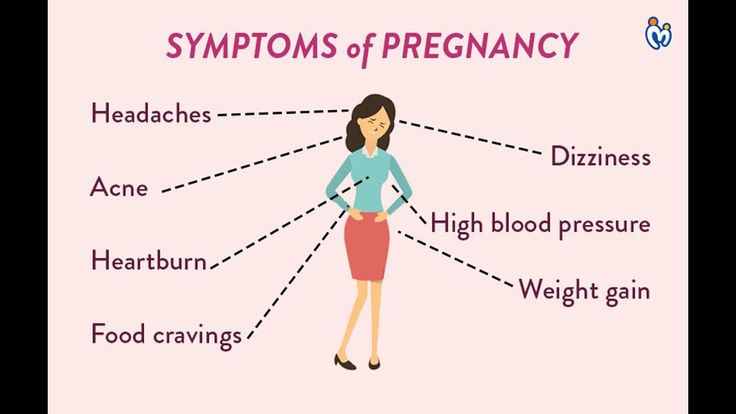 At this time, ultrasound will show the very fact of uterine pregnancy, and the place of attachment of the fetal egg is also determined. Accuracy: 100%.
At this time, ultrasound will show the very fact of uterine pregnancy, and the place of attachment of the fetal egg is also determined. Accuracy: 100%.
Help Doc.ua: you can make an appointment with a gynecologist on the website.
Are you pregnant? Early signs of pregnancy.
Finally! Your period is delayed. If you want a baby, there is great hope that you will get pregnant this time. A pregnancy test will soon show you more. At the same time, you can observe yourself - perhaps you have already noticed any changes. Your body usually clearly shows you that fertilization has taken place. Most of the signs are associated with an increase in hormone levels.
Of course, not every sign means you are pregnant. But the more typical symptoms you notice, the more likely it is. However, in the end, only a doctor can make the final decision: "You're pregnant - congratulations!"
Share this information
Uncertain early signs of pregnancy
The first signs of pregnancy are as varied as they are vague.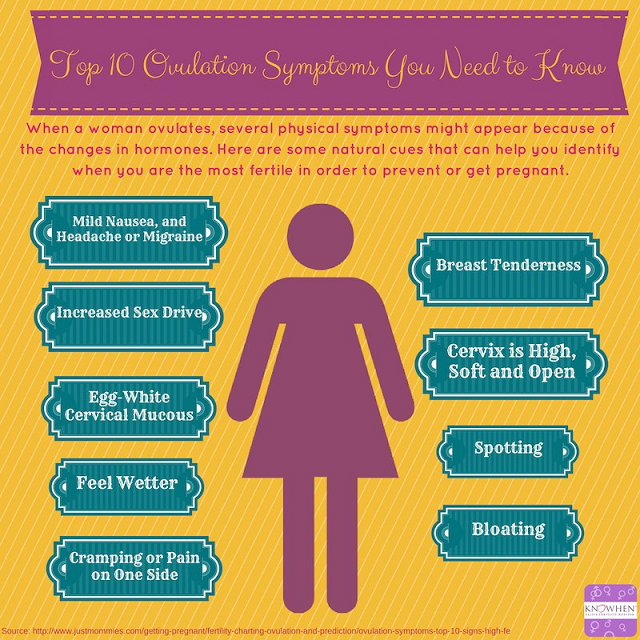 Often the early signs of pregnancy appear even before the missed period. These may be early symptoms of pregnancy:
Often the early signs of pregnancy appear even before the missed period. These may be early symptoms of pregnancy:
- Nausea and vomiting
- "Leady" tiredness and fatigue
- Frequent urination
- Increased food cravings and unusual eating habits
- Sensitive breasts and darkened nipples smell and taste
- Abdominal cramps, slight bleeding and discharge
- Growth of hair and nails
- Changes in skin conditions
- Forgetfulness
- Mood swings
- Bloating or constipation
- Poor sleep
Nausea and vomiting the first thousand times you saw 9002 in the cinema: the heroine hurriedly runs away, she suddenly feels sick. She doesn't know she's having a baby yet, but everyone in the movie theater has already taken the hint.
In fact, nausea is not so typical. Some women feel very ill, others tend to feel a little sick.
"Lead" fatigue and fatigue
Are you as tired during the day as if you had sat up all night? The sofa is calling you at noon, and your eyes start to close as if by magic? A huge need for sleep is one of the most common signs of pregnancy. If you notice unusual tiredness or fatigue, you may be pregnant.
If you notice unusual tiredness or fatigue, you may be pregnant.
Frequent urination
You constantly have to run to the toilet, even if you drink no more than usual. This can be another early sign of pregnancy: once the embryo is implanted, the hormone human chorionic gonadotropin (hCG) is released, which makes you go to the toilet more often.
Food cravings and unusual eating habits
Is your body just screaming for chocolate or would you get up at night to buy greasy chips at the gas station? Or do you have other unusual food addictions ? Bingo! It is possible that you are pregnant. Many women report strange eating habits as early signs of pregnancy : for example, they pour hot salsa straight out of a jar or, being vegans, feel an irresistible craving to bite straight from a hearty salami stick.
Sensitive breasts and darkened nipples
Your breasts may also show early signs of pregnancy.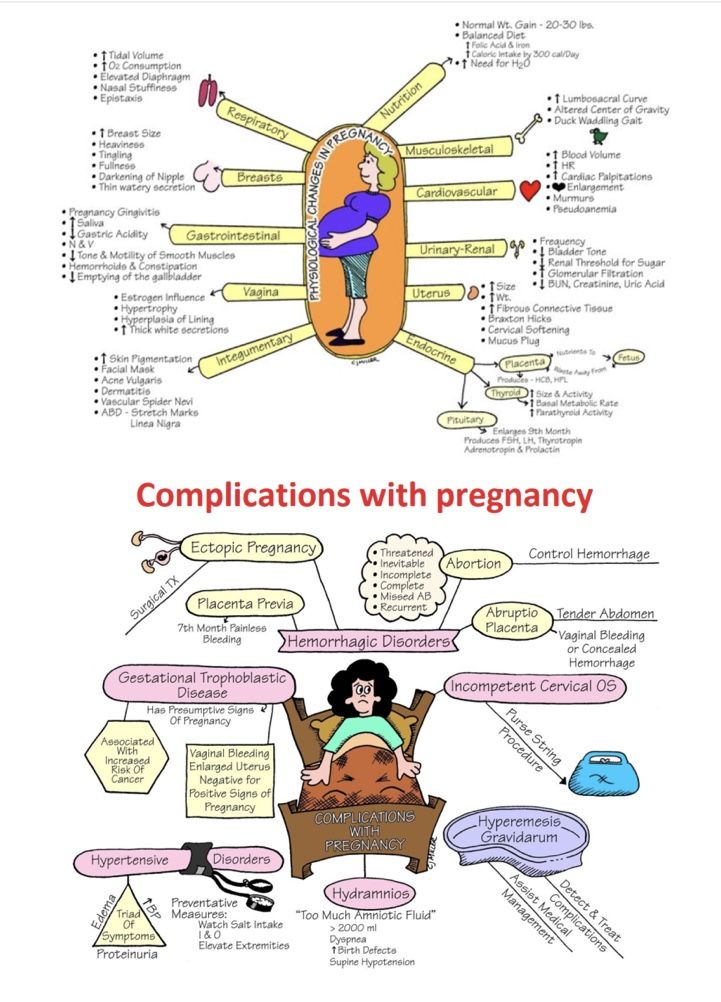 Pay attention to the following symptoms: the breast begins to thicken and fill up, as before menstruation. To the touch, the mammary glands are more plump and large and very sensitive to touch. Your areola often looks darker than usual . The opposite symptom - discoloration - can also be caused by a hormonal imbalance or a previous pregnancy.
Pay attention to the following symptoms: the breast begins to thicken and fill up, as before menstruation. To the touch, the mammary glands are more plump and large and very sensitive to touch. Your areola often looks darker than usual . The opposite symptom - discoloration - can also be caused by a hormonal imbalance or a previous pregnancy.
Changes in smell and taste
Every day you find that the detergent smells unbearably . Or you complain to your husband that he has been bathing in cologne lately. Are you familiar with this? Sensitivity to odors is common in early pregnancy . Some women have a strange metallic taste in their mouths . Another early sign of pregnancy can also be a sudden aversion to alcohol or tobacco.
Abdominal cramps, slight bleeding and discharge
Pulling in the abdomen, as if menstruation is about to begin. You think disappointedly: "It didn't work out with the child again!".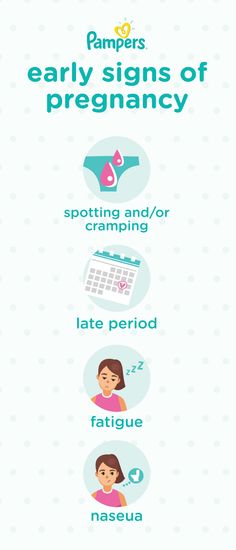 Or you even notice a small spot or highlights . But day after day passes, and there are still no periods. Then these symptoms may be early signs of pregnancy. These symptoms are usually harmless and are caused by the implantation of a fertilized egg in the uterus. If you want to be on the safe side, try not to strain yourself and avoid exercise. If you notice anything unusual, see your doctor.
Or you even notice a small spot or highlights . But day after day passes, and there are still no periods. Then these symptoms may be early signs of pregnancy. These symptoms are usually harmless and are caused by the implantation of a fertilized egg in the uterus. If you want to be on the safe side, try not to strain yourself and avoid exercise. If you notice anything unusual, see your doctor.
Elevated basal body temperature
You can find out if you are pregnant by regularly measuring your basal body temperature: if in the morning after waking up for eighteen days your temperature is higher than usual , then most likely you are pregnant.
When do the early signs of pregnancy appear?
It is impossible to say exactly in which week of pregnancy certain symptoms of pregnancy appear. When the first signs of pregnancy appear and whether they appear at all depends on the individual woman. However, the early symptoms of pregnancy can be roughly attributed to the following weeks.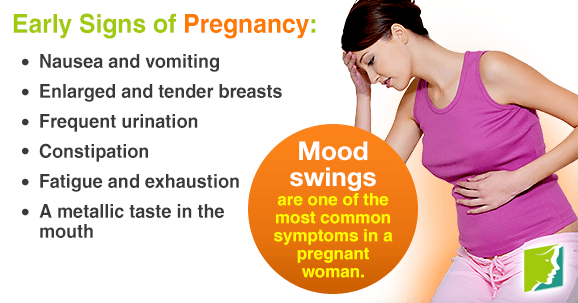
4th week: implantation pain and slight bleeding, breast tenderness.
Weeks 5 and 6: mood swings, fatigue, hunger, nausea and vomiting
Weeks 7 and 8: nausea, circulation problems, dizziness, low blood pressure, insomnia , frequent urination,
Weeks 9 and 10: breast changes, nausea, shortness of breath
Weeks 11 and 12: bloating, constipation
The three surest signs of pregnancy
There are many early symptoms of pregnancy, but the surest signs of how to understand that you are still pregnant:
1. Cessation of menstruation.
This is the surest sign of pregnancy. Sometimes stress, hormonal fluctuations or an organic disease are to blame, but it is better to take a pregnancy test.
2. You suffer from nausea.
A few days after conception, you may feel slightly unwell. Some women experience nausea only in the morning (morning sickness), others more frequently during the day.